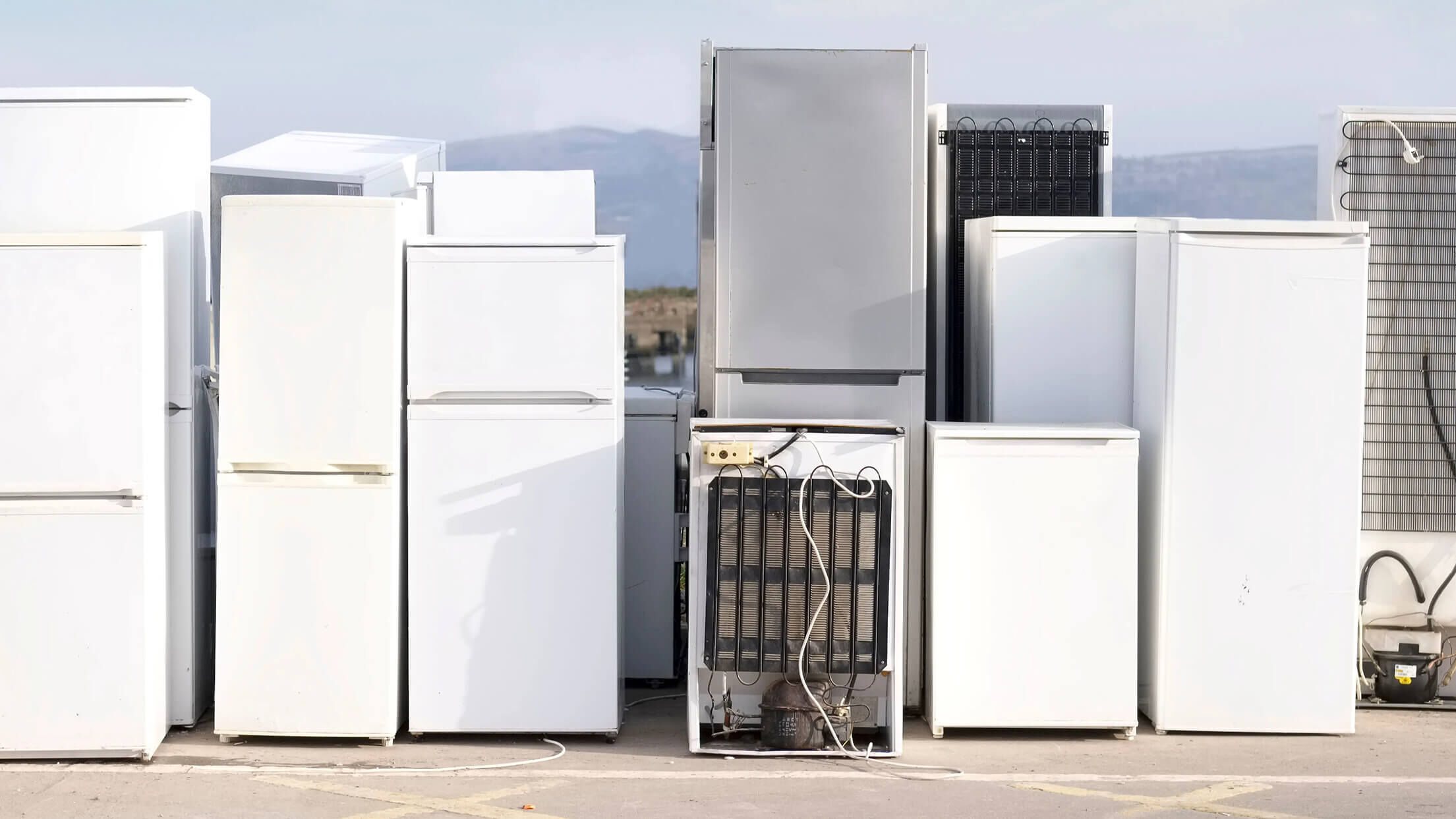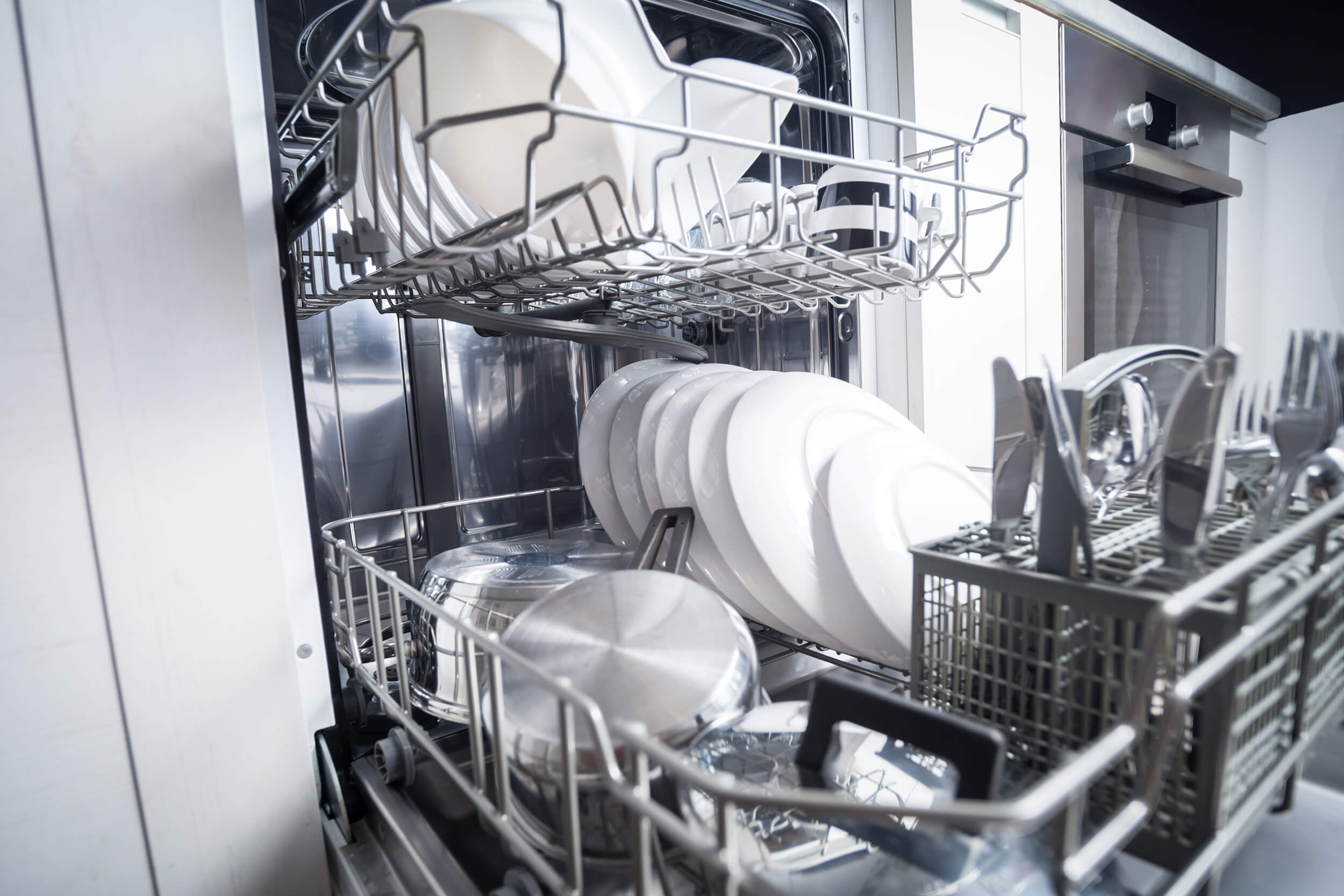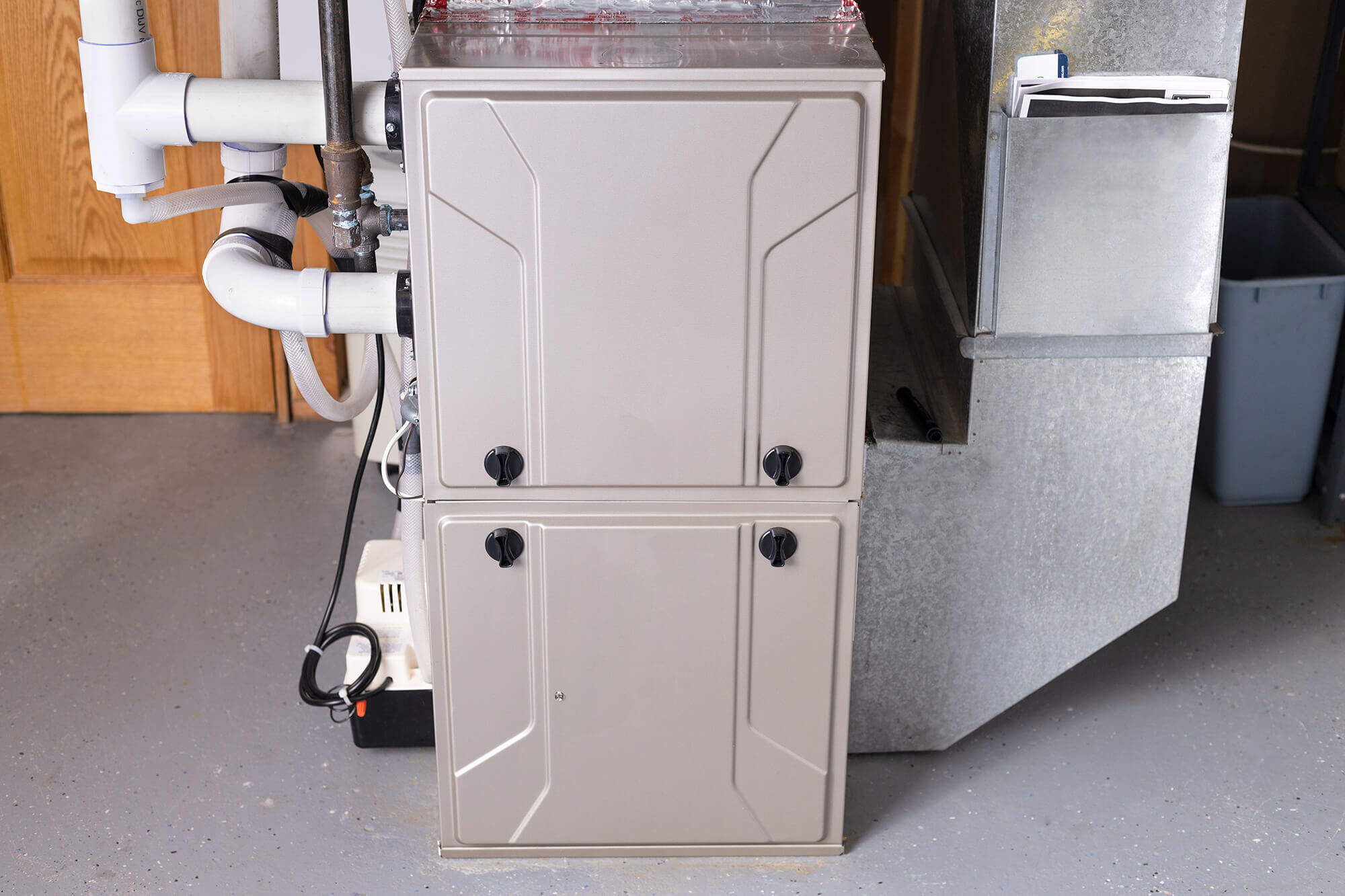The Trump administration is reportedly preparing to let companies violate rules it does not like. Not enforcing appliance efficiency standards would raise consumer costs and harm domestic manufacturers.

President Trump has disparaged energy efficiency standards, but he has limited power to weaken or undo them because federal law prohibits it. That’s a key protection not only for consumers and businesses who purchase and use the products, but also for manufacturers that have invested in improved designs and upgraded factories to make better products.
But what if the Trump administration subverts the standards by not enforcing them?
The New York Times reported this month that the administration may “simply stop enforcing” regulations it “may not be able to immediately repeal.” The reporting follows a February executive order directing agency heads to look for rules to not enforce.
Appliance standards may be a target: ProPublica reported that the DOGE website had temporarily listed a federal contract that handles all the product testing necessary for enforcing the standards as “deleted,” though its fate is unclear.
The potential consequences are significant: canceling enforcement of existing standards could open the door for rule-breaking companies—which often manufacture products abroad—to sell illegal, energy-wasting products to unwitting consumers, who would foot the bill with higher utility costs month after month. And ignoring the law would undercut U.S. product manufacturers—along with the good manufacturing jobs they have created—that have invested in their plants to play by the rules and make better products.
Stopping enforcement would cost consumers
A recent case of energy-guzzling refrigerators—illegally imported by a Chinese company—shows the price for the public could be significant. Last year, the U.S. Department of Energy (DOE) announced a civil penalty against Galanz for selling compact refrigerator-freezers that broke the rules. These fridges, DOE testing showed, used more than 30% more electricity than the standard allows.
That adds up. We calculated the cost of that extra electricity, based on average residential electricity prices. A family using one of these models will pay an average of about $180 extra in electricity bills over the life of the refrigerator compared to a similar product that provides the same refrigeration and capacity but complies with the standards.
DOE ordered the company to stop selling the model and to pay a civil penalty of more than $25 million. A penalty that large is rare, but penalties are important for deterring rule-breakers. Galanz must have distributed at least 46,000 illegal refrigerators, based on the maximum penalty at the time, and perhaps far more.
DOE conducted the tests that initially identified the excessive energy use in 2019 under President Trump. Yet now, if the administration ends enforcement, it would effectively welcome lousy products like these—sticking consumers with significant and needless extra energy costs.
Stopping enforcement undercuts manufacturers’ investments
Energy efficiency standards set a level playing field for manufacturers. Sellers offer an incredible array of product choices, all meeting a minimum efficiency level that protects consumers.
When one importer or manufacturer cuts corners, it puts the others that play by the rules at a relative disadvantage. Fortunately, DOE’s monitoring and threat of enforcement has ensured that non-compliance has been relatively sporadic. The vast majority of companies compete fairly.
If the administration declared that it will not enforce appliance and equipment standards, product manufacturers would still have a legal obligation to ensure their new products meet standards. But unscrupulous importers and manufacturers could unleash illegal products in the market, and consumers wouldn’t know the hidden costs they bring.
Redesigning products and changing factory production lines to make energy-guzzling products requires time and money. But some large foreign factories could tweak and redirect products they make today for countries with weak or even non-existent standards to the U.S. market. That's a quick way to take advantage of a non-enforcement policy. Domestic manufacturers could be the ones most disadvantaged if rule-breaking is welcomed.
In other words, canceling enforcement would hike energy costs for consumers and hurt domestic manufacturers and their employees. It’s a lose-lose proposition.





